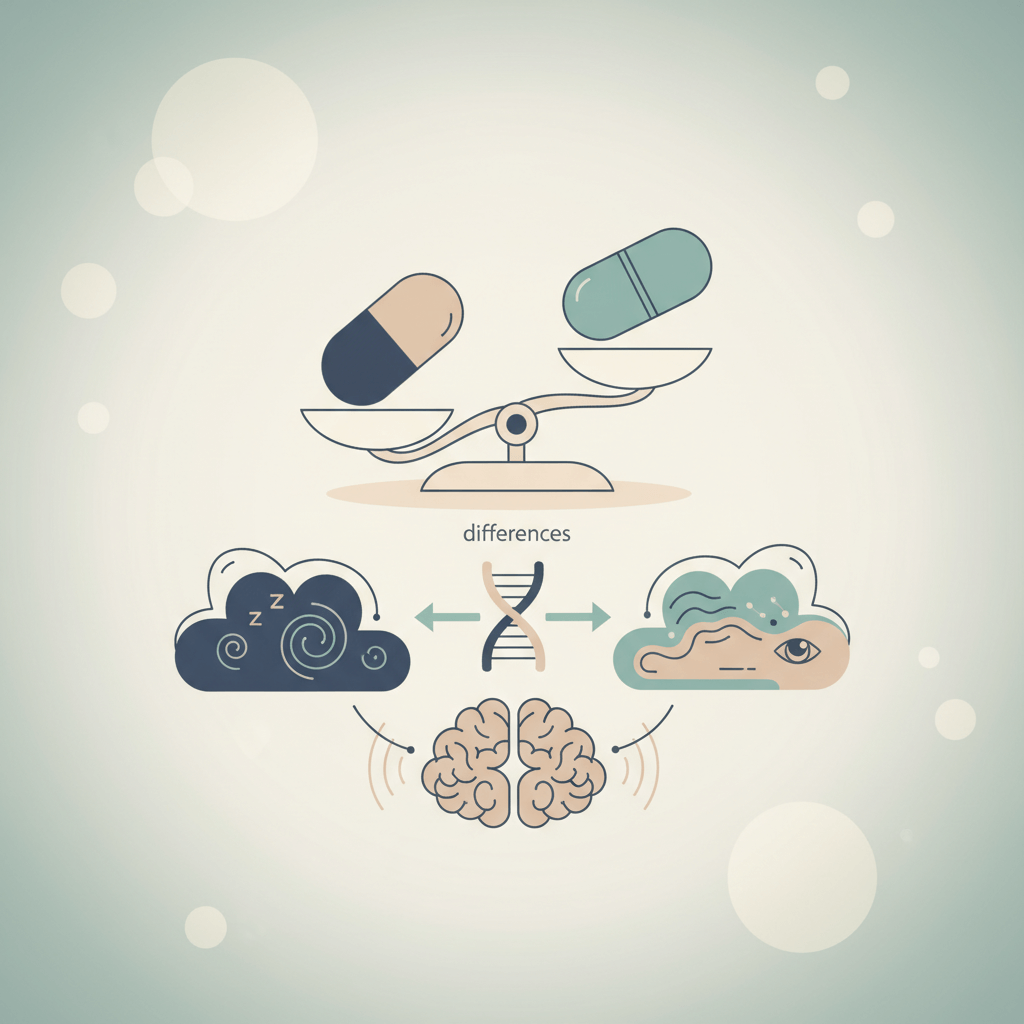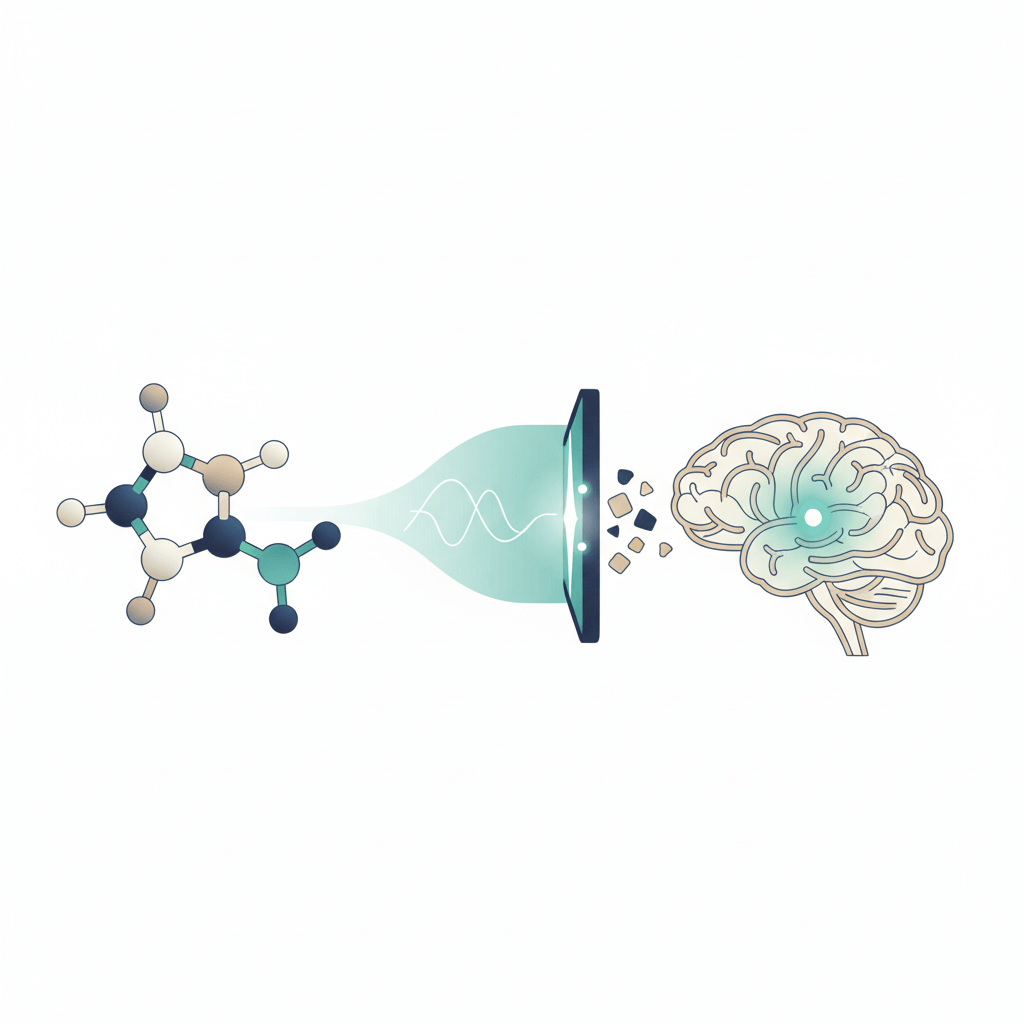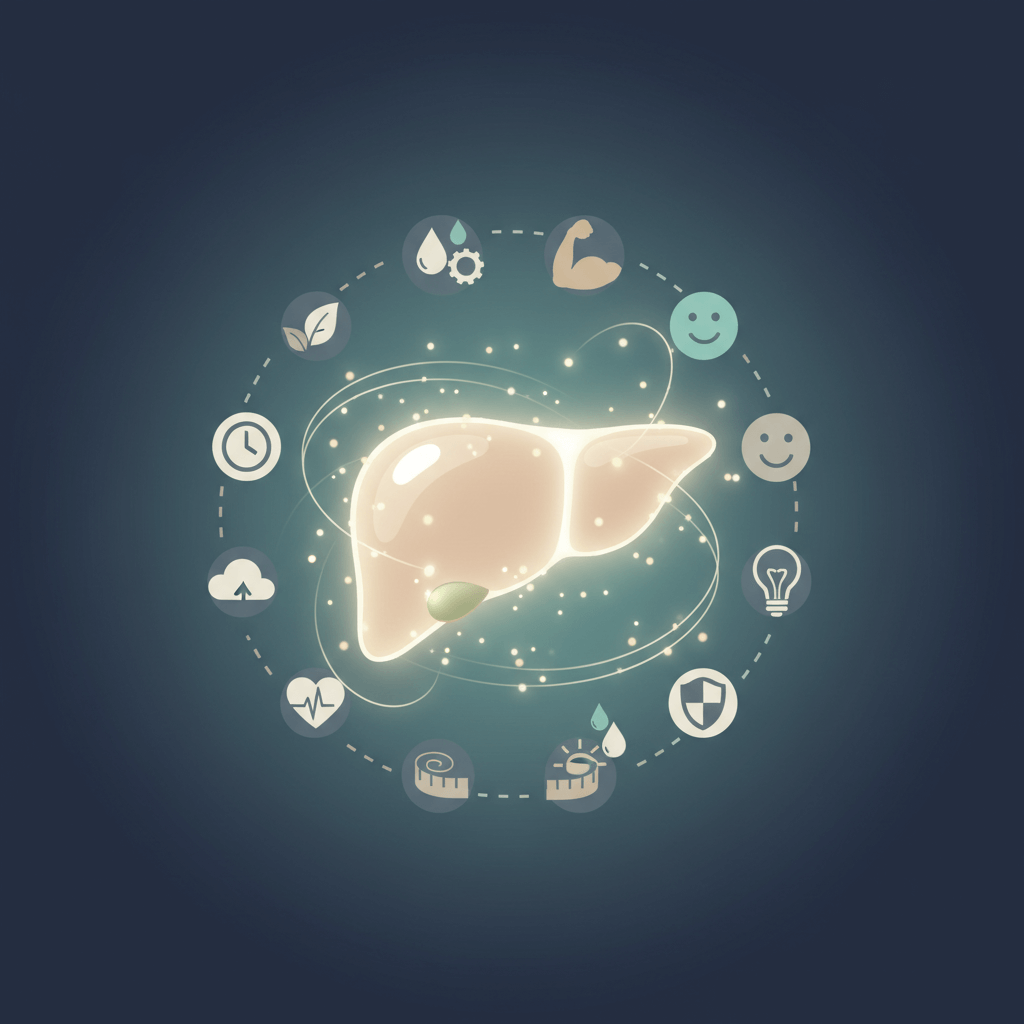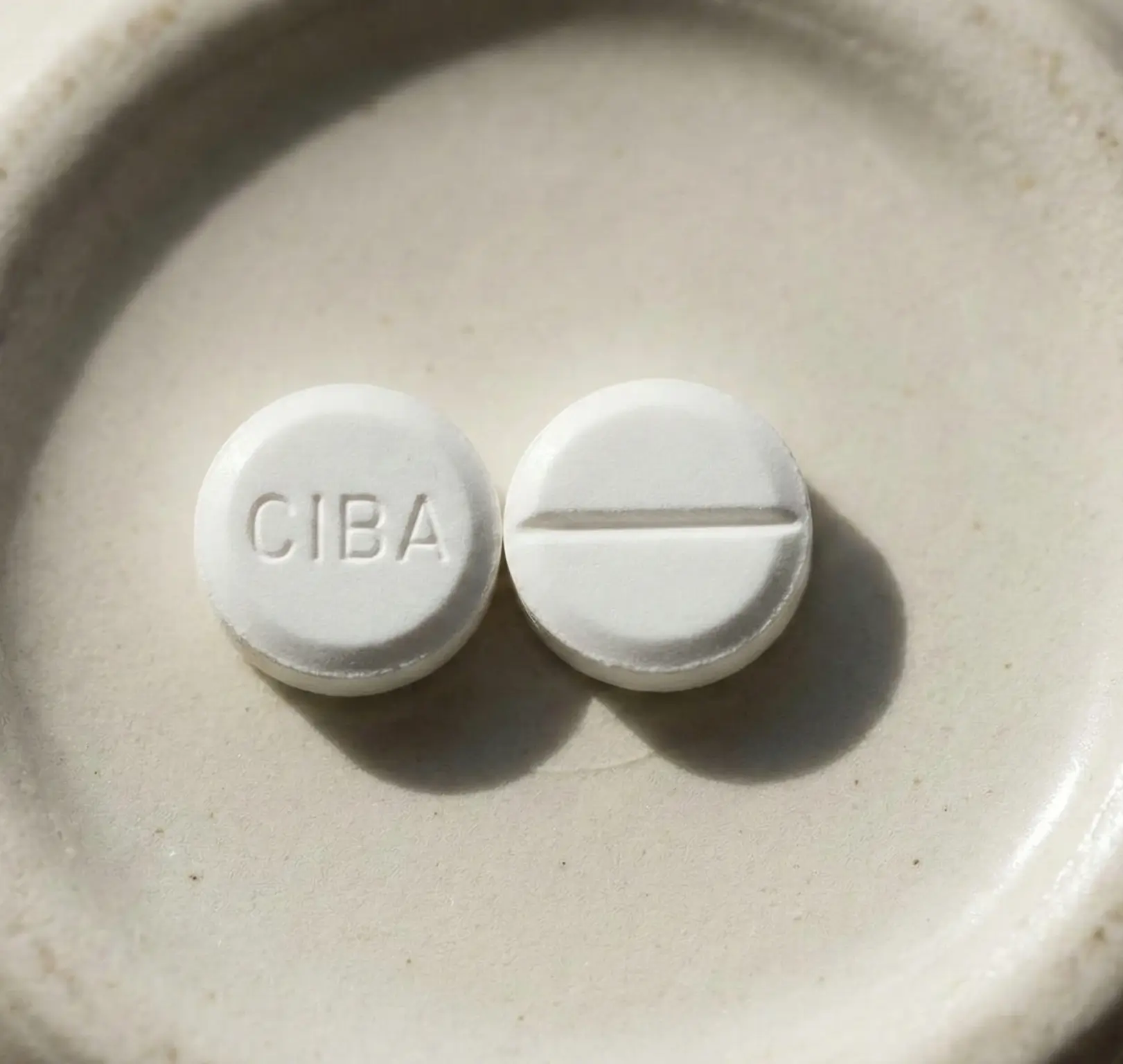The Essential Role of Nutrition in Rehabilitation: A Comprehensive Guide
Proper nutrition stands as a cornerstone in the rehabilitation process, providing the essential building blocks for tissue repair, immune function enhancement, and overall well-being. For individuals recovering from injuries, surgeries, or managing chronic conditions, the food consumed directly influences the body's ability to heal and regain strength. This relationship between nutrition and recovery deserves careful attention from healthcare providers and patients alike.
At Prescott House, we've witnessed firsthand how nutritional interventions can dramatically accelerate recovery timelines for our clients. The right nutritional approach doesn't just support physical healing—it nurtures mental clarity and emotional stability during challenging rehabilitation periods. Learn more about: Nutrition Guidance at Prescott House.
Impact of Nutrition on Healing
When the body undergoes trauma, whether from injury, surgery, or illness, its nutritional requirements shift significantly. The metabolic changes that occur during recovery demand increased energy and specific nutrients to support the healing process. Understanding these changes helps healthcare providers develop effective nutritional strategies that optimize recovery outcomes.
During healing, the body requires additional protein to rebuild damaged tissues, vitamin C to form collagen, zinc to support immune function, and adequate calories to fuel these repair processes. Research indicates that up to 50% of patients in rehabilitation settings experience some degree of malnutrition, which can delay healing by up to 25% and increase complication rates by 40%.
The physiological mechanisms through which nutrition supports healing are complex but vital. Protein provides the amino acids necessary for tissue regeneration, while antioxidants combat inflammation that could otherwise impede recovery. B vitamins support energy metabolism, and omega-3 fatty acids help regulate the inflammatory response.
In traumatic brain injury cases, nutrition plays an even more critical role. The brain requires specific nutrients to repair neural pathways and reduce inflammation. According to studies, deficiencies in nutrients like omega-3 fatty acids, vitamin D, and antioxidants can significantly impair cognitive recovery following brain injury. Nutrition in addiction treatment is an important piece to start recovery right away as this healing can help with relapse pervention.
This is a great video for those in early recovery and have either struggled with diet before or have just been not concerned about it at all.
Importance of a Balanced Diet in Rehabilitation
A well-balanced diet during rehabilitation ensures the body receives all necessary nutrients in appropriate proportions. This balanced approach typically includes adequate protein (15-30% of total calories), complex carbohydrates (45-65%), and healthy fats (20-35%), along with essential vitamins, minerals, and hydration.
The benefits of maintaining a balanced diet during rehabilitation include:
- Enhanced wound healing - Proper nutrition can reduce healing time by up to 25%
- Improved immune function - Reducing the risk of complications and infections
- Better energy levels - Supporting participation in therapeutic activities
- Reduced muscle wasting - Preserving strength and function
- Improved mood and cognitive function - Supporting mental health aspects of recovery
Despite these benefits, maintaining nutritional balance during rehabilitation presents several challenges. Patients often experience decreased appetite, altered taste perceptions, difficulty swallowing, or medication side effects that impact food intake. Additionally, chronic pain, depression, and anxiety—common companions to rehabilitation—can further compromise nutritional status.
At Prescott House, we've developed creative approaches to overcome these barriers. One client, recovering from alcohol addiction and suffering from early liver damage, initially resisted our nutritional guidance. By introducing small, nutrient-dense meals, gradually rebuilding his relationship with food, and focusing on liver-supportive nutrients, we witnessed remarkable improvements in his energy levels and engagement with treatment within just three weeks.
Nutrition Programs in Rehab Facilities
Comprehensive nutrition programs form an integral part of high-quality rehabilitation facilities. These programs typically begin with thorough nutritional assessments that evaluate current nutritional status, medical history, medication use, food preferences, and potential barriers to adequate nutrition.
Individualized Nutrition Plans
Based on assessment findings, registered dietitians develop personalized nutrition plans that address specific needs and goals. These plans consider factors such as:
- Current nutritional status and deficiencies
- Medical conditions requiring dietary modification
- Medications that may affect nutrient absorption or requirements
- Cultural and personal food preferences
- Rehabilitation goals and activity levels
- Practical considerations like swallowing ability or dental health
The effectiveness of these individualized plans lies in their specificity and adaptability. As rehabilitation progresses, nutritional needs evolve, requiring regular reassessment and plan adjustments. This dynamic approach ensures that nutritional support remains aligned with changing recovery needs.
One gentleman in our program had struggled with methamphetamine addiction for nearly a decade. When he arrived, he was severely underweight and malnourished. Our nutrition team developed a gradual refeeding protocol specifically designed to prevent refeeding syndrome while rebuilding his nutritional reserves. Starting with smaller, nutrient-dense meals and gradually increasing his caloric intake, we were able to help him gain 15 pounds of healthy weight over three months. As his physical health improved, so did his engagement with therapy and his recovery journey.
Nutrient-Rich Meal Options
Quality rehabilitation facilities prioritize the provision of nutrient-rich meals that support recovery. These meals typically feature:
Lean proteins from sources like poultry, fish, lean meats, eggs, dairy, and plant-based options such as legumes and tofu. Protein requirements during rehabilitation often range from 1.2-2.0 g/kg body weight daily, significantly higher than general population recommendations.
Complex carbohydrates from whole grains, fruits, vegetables, and legumes provide sustained energy and essential micronutrients. These foods also deliver dietary fiber, which supports digestive health—a common concern during rehabilitation, particularly for individuals taking medications that may cause constipation.
Healthy fats from sources like olive oil, avocados, nuts, and fatty fish contribute essential fatty acids that support brain health, reduce inflammation, and improve nutrient absorption.
Antioxidant-rich foods including colorful fruits and vegetables help combat oxidative stress that often accompanies injury and illness. Berries, leafy greens, and orange vegetables are particularly valuable for their high antioxidant content.
Beyond nutritional composition, meal presentation and dining environment significantly impact food intake and satisfaction. Rehabilitation facilities that create pleasant dining environments and offer appealing food presentations often achieve better nutritional outcomes for their clients.

Specialized Diets in Rehabilitation
Various medical conditions and recovery needs necessitate specialized dietary approaches. Understanding these specialized diets and their applications helps rehabilitation professionals provide appropriate nutritional support for diverse client needs.
Tube Feeding and Cardiac Diet
Tube feeding, or enteral nutrition, becomes necessary when individuals cannot consume adequate nutrition orally due to conditions like dysphagia, severe malnutrition, or certain neurological conditions. This approach delivers liquid nutrition directly to the stomach or small intestine through a feeding tube.
Modern enteral formulas are sophisticated nutritional products designed to meet specific needs. Options include polymeric formulas (containing whole proteins, complex carbohydrates, and long-chain triglycerides), semi-elemental or elemental formulas (with partially broken-down nutrients for easier absorption), and disease-specific formulas tailored for conditions like diabetes, renal failure, or pulmonary disease.
The cardiac diet, another specialized approach, aims to support cardiovascular health during rehabilitation. This diet typically restricts sodium to 2,000-3,000 mg daily, limits saturated and trans fats, emphasizes lean proteins and plant-based foods, and incorporates heart-healthy fats from sources like olive oil, nuts, and fatty fish.
I remember working with a client recovering from both addiction and a recent heart attack. He initially resisted the cardiac diet, joking that "they took away my drugs, and now they're taking away my salt!" But as we helped him discover flavorful alternatives using herbs, spices, citrus, and vinegar, he not only adapted to the diet but actually began to enjoy cooking for himself—a therapeutic activity that became central to his recovery journey.
Diabetic and Gluten-Free Options
Diabetic diets focus on carbohydrate consistency and quality to maintain stable blood glucose levels. Rather than eliminating carbohydrates entirely, these diets distribute them evenly throughout the day and emphasize complex carbohydrates with lower glycemic indices. Portion control, consistent meal timing, and balanced macronutrient composition help stabilize blood glucose and support recovery.
For individuals with celiac disease or non-celiac gluten sensitivity, gluten-free diets eliminate wheat, barley, rye, and their derivatives. While necessary for these conditions, gluten-free diets require careful planning to avoid nutritional deficiencies. Rehabilitation facilities must ensure that gluten-free options provide adequate fiber, B vitamins, and minerals that might otherwise be obtained from fortified grain products.
Other specialized diets commonly implemented in rehabilitation settings include:
- Renal diets - Restricting potassium, phosphorus, and sometimes protein for individuals with kidney dysfunction
- Texture-modified diets - Including pureed, minced, or soft options for those with chewing or swallowing difficulties
- FODMAP-restricted diets - For individuals with irritable bowel syndrome or certain digestive sensitivities
- Ketogenic diets - Sometimes used in neurological rehabilitation, particularly for seizure disorders
The success of these specialized diets depends on both their clinical appropriateness and their practical implementation. Rehabilitation facilities must balance nutritional requirements with food quality, variety, and appeal to ensure dietary adherence and satisfaction.
Nutrition in Addiction Recovery
Substance use disorders often create significant nutritional challenges that must be addressed during recovery. The relationship between addiction and nutrition operates in both directions: substance use disrupts nutritional status, while nutritional deficiencies can exacerbate addiction symptoms and complicate recovery.
Effects of Substance Abuse on Nutrition
Different substances impact nutrition through various mechanisms:
Alcohol directly damages the gastrointestinal tract, pancreas, and liver—organs central to digestion and nutrient metabolism. It interferes with the absorption of thiamine, folate, B12, zinc, and magnesium, while also disrupting fat metabolism and storage. Chronic alcohol use often leads to both macronutrient and micronutrient deficiencies.
Opioids slow gastrointestinal motility, causing constipation and reduced appetite. Long-term use is associated with malnutrition, electrolyte imbalances, and micronutrient deficiencies, particularly in calcium, vitamin D, and B vitamins.
Stimulants like cocaine, methamphetamine, and even caffeine suppress appetite while increasing metabolic rate and energy expenditure. Users often experience dramatic weight loss, muscle wasting, and dehydration, alongside deficiencies in essential nutrients.
Cannabis produces complex effects on nutrition, potentially increasing appetite while also disturbing metabolism. Regular users may experience altered food preferences and disrupted glucose regulation.
Beyond these direct effects, lifestyle factors associated with addiction—including irregular eating patterns, poor food choices, and financial prioritization of substances over food—further compromise nutritional status.
Importance of Nutritional Counseling
Nutritional counseling in addiction recovery addresses both physiological and psychological aspects of eating behavior. This counseling typically follows a staged approach:
- Stabilization - Addressing immediate nutritional deficiencies and supporting detoxification
- Rebuilding - Replenishing nutrient stores and reestablishing regular eating patterns
- Maintenance - Developing sustainable healthy eating habits that support long-term recovery
Conclusion
Nutrition represents an indispensable element of effective rehabilitation, serving as both foundation and catalyst for recovery across various conditions. The evidence clearly demonstrates that targeted nutritional interventions can significantly enhance healing outcomes, reduce complications, and improve quality of life during rehabilitation. By addressing nutritional needs through comprehensive assessment, individualized planning, and specialized approaches when necessary, rehabilitation professionals can optimize their clients' recovery journeys and support lasting wellness.
At Prescott House, our commitment to holistic rehabilitation places nutrition at the center of our treatment approach. We believe that nourishing the body properly creates the optimal conditions for healing both physically and emotionally. Our integrated team of clinicians, nutritionists, and recovery specialists works collaboratively to ensure each client receives the nutritional support they need to rebuild their health and reclaim their lives. This nutrition-centered philosophy exemplifies our broader mission: to provide compassionate, evidence-based care that addresses the whole person—body, mind, and spirit—on their path to recovery.
References
- Academy of Nutrition and Dietetics. (2021). Position of the Academy of Nutrition and Dietetics: Nutrition intervention in the treatment of eating disorders. Journal of the Academy of Nutrition and Dietetics, 121(7), 1216-1245.
- Craddock, J. C., Neale, E. P., Peoples, G. E., & Probst, Y. C. (2019). Vegetarian-based dietary patterns and their relation with inflammatory and immune biomarkers: A systematic review and meta-analysis. Advances in Nutrition, 10(3), 433-451.
- Gardner, C. D., Trepanowski, J. F., Del Gobbo, L. C., et al. (2018). Effect of low-fat vs low-carbohydrate diet on 12-month weight loss in overweight adults and the association with genotype pattern or insulin secretion. JAMA, 319(7), 667-679.
- Westerterp-Plantenga, M. S., Lemmens, S. G., & Westerterp, K. R. (2012). Dietary protein - its role in satiety, energetics, weight loss and health. British Journal of Nutrition, 108(S2), S105-S112.
- Wiss, D. A., Schellenberger, M., & Prelip, M. L. (2019). Rapid assessment of nutrition services in Los Angeles substance use disorder treatment centers. Journal of Community Health, 44(1), 88-94.













